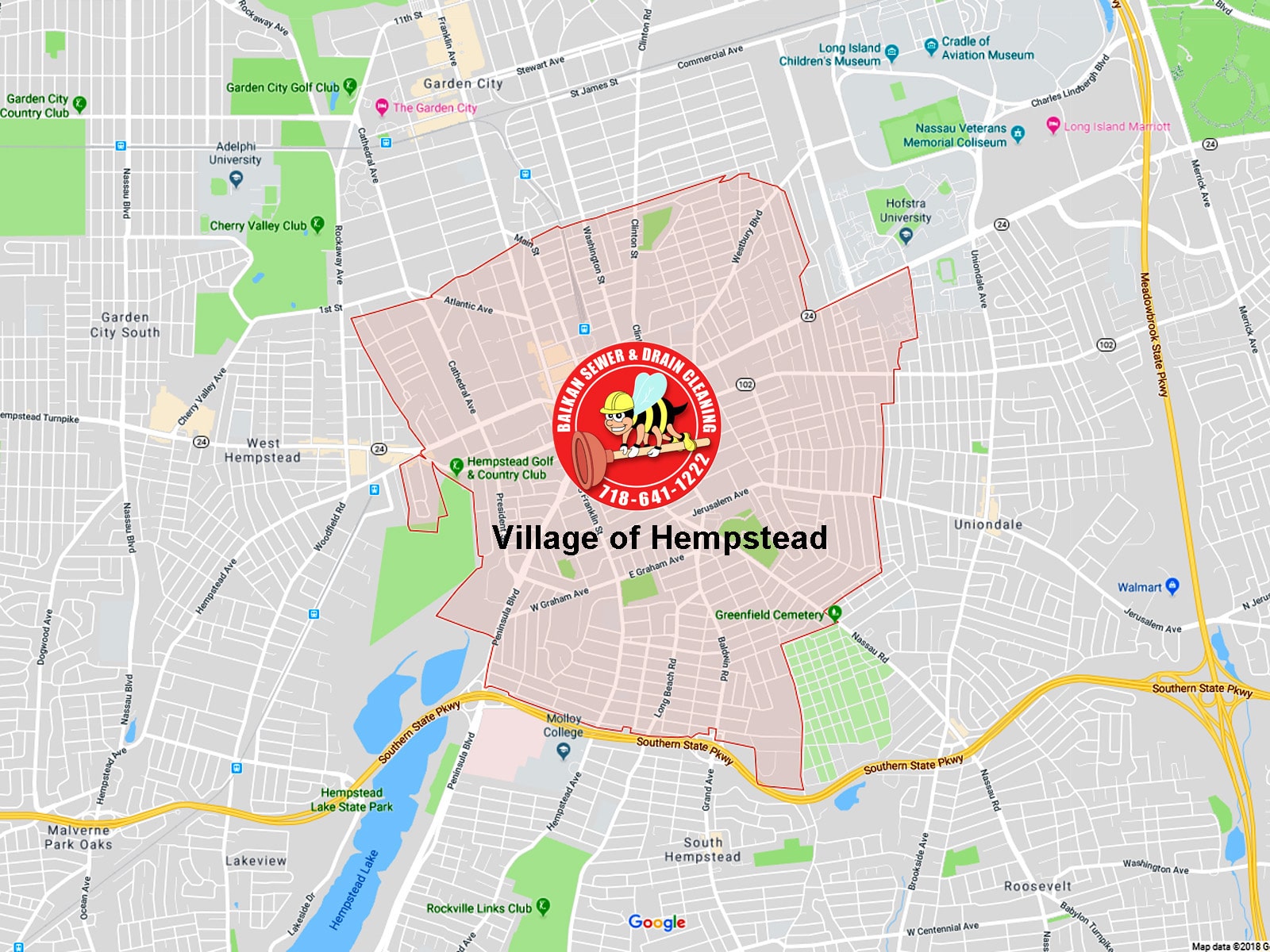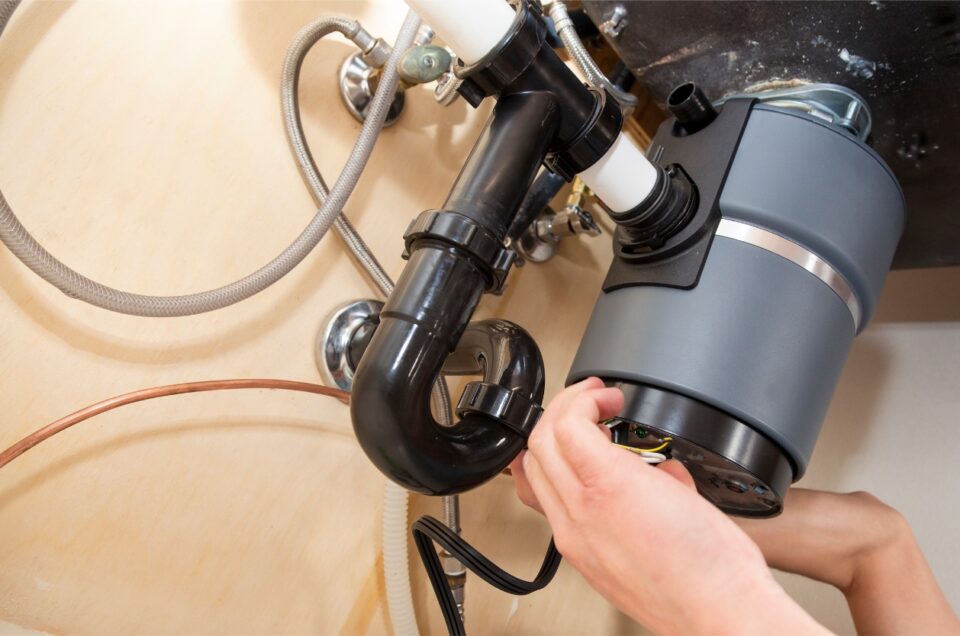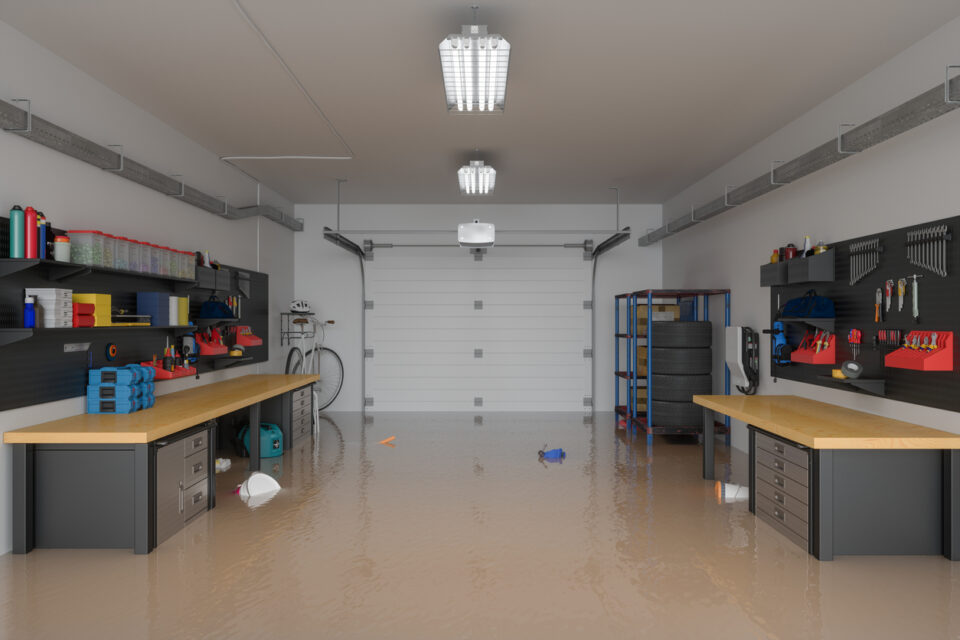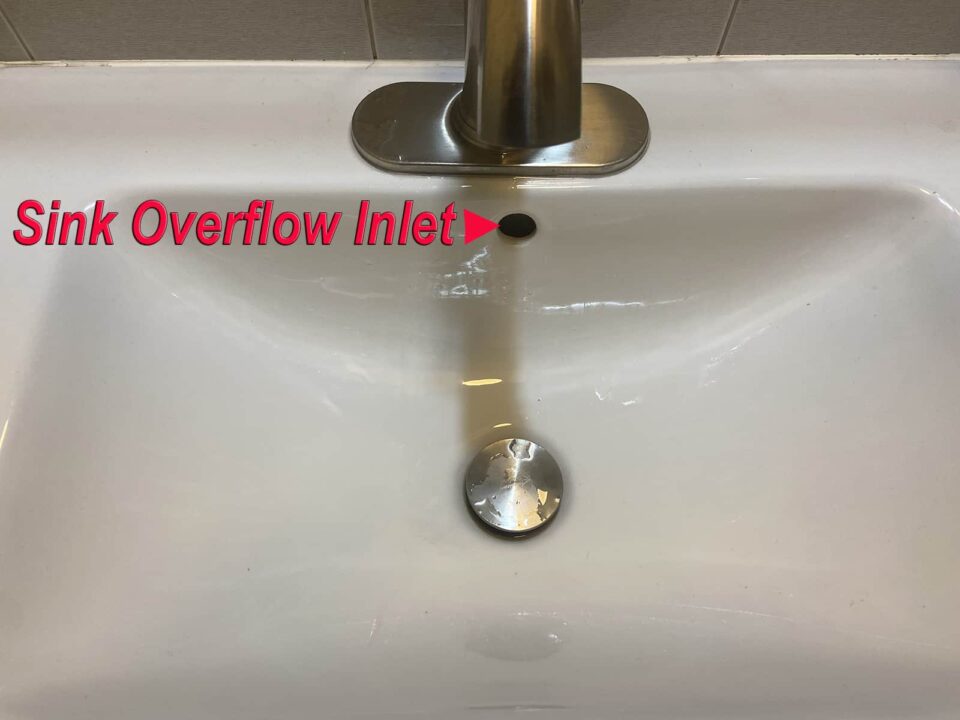If you live in the Village of Hempstead, it may be helpful for you to know when a Plumbing Permit is necessary. Residing in the Village of Hempstead makes you one of more than 55,000 people as well. This being the case, Hempstead is the most populated village in all of New York City. It is located in Nassau County, which also has a town with the same name. The Department of Public Works along with Water and Sewer Department of the village are responsible for day-to-day operations of water distribution and sanitation. However, the responsibility for taking care of residential plumbing falls to homeowners. Frequently, if you are a homeowner, you must also work together with the Department of Buildings. This happens any time you to acquire permits for construction or plumbing projects as well.

When is a Plumbing Permit required in Hempstead?
Many homeowners assume that a plumbing permit is not required for the average small project. This assumption may include jobs like repairs, replacements, or installation of additional plumbing components. While this is true in some cases, a lot of seemingly minor plumbing projects still require permits from local authorities. Failure to comply with building and plumbing codes will result in legal issues. You may then need to undo the completed work, and this is a big waste of money. In a worst case scenario, the entire installation may have to be permanently removed. In addition a violation will be posted and listed in the Village records.
Plumbing codes very by jurisdiction
All town and cities have their own plumbing codes. If you hire local licensed plumbers to do a plumbing project for you, they will handle all the plumbing permit requests. Likewise, they will ensure that the project is done in adherence to the approved code guidelines. For homeowners, the total cost of the project will also include the fee associated with acquiring the permit. While there is an additional cost, this only means that the plumbers do their due diligence by meeting the requirements stated in local laws and regulations. Professionals disclose the cost as is, while dodgy ones may not. At the end of the project, you can request the sign-off, or probably look it up online.
There are national plumbing codes to help standardize the work of licensed plumbers all across the country. However local, state, and county, regulations also issue their own codes. That means that all across Nassau County, which encompasses 64 Villages, plumbing codes vary. Local requirements are specific to local areas too. This means they supersede the broader more general codes issues by the federal governments. For this reason, all plumbers must adhere to both, but the local codes are always prioritized. If this sounds complicated, that is because it is complicated. Even required plumbing materials vary from town to town, or village to village.
Local codes of an area are different from another because there are also differences in topography, population, the availability or capacity of wastewater treatment facilities, etc. Despite the differences, all codes must be enforced to ensure the safety of the residents and prevent possible health hazards in water and soil.
In most areas, the following plumbing projects require a permit:
- Sewer line replacement: it is a major project involving long and reasonably deep excavation to remove the existing pipe. In fact, any job that involves sewer line also always requires permit. Additionally, each Village in Nassau County has specific portions of your home sewer you are responsible for. Have this carefully explained before you make a hiring decision.
- Re-pipe water supply: changing the pipe layout of water supply is also a massive project. This work is done by professionals. A Permit is mandatory.
- Water heater installation: although installing a water heater is often a DIY project, there are some safety concerns and regulations to comply with.
- Plumbing relocation: moving an entire plumbing installation from one place to another is considered a remodeling project. This too requires permit.
- An oil to gas conversion: It is always better to file for gas work, and make sure it is inspected. Saving some money somehow doesn’t the risk of an explosion inside your home.
Plumbing permit MAY not be required for the following projects:
Minor repair: replacement of parts such as valves or faucet with the same materials would not require a plumbing permit.
- Toilet installation or removal: assuming the work does not involve alteration of sewer line or pipe layout, you don’t need a permit.
- Leak repair: again, you don’t need a repair as long as it does not involve removal or replacement of sewer or supply line.
- Clog removal: clearing a clog in the drain pipe or even sewer line also requires no permit when no replacement is installed afterward. This is universal regardless of where you live.
Expert plumbing advice from a firm in business for over 65 years
If you have any doubt about whether your project requires a plumbing permit or not, call a professional to assess the project. Better to know ahead of time the type of work and permits involved. Most (if not all) permits, especially for large projects, are only issued to licensed plumbing contractors. Balkan Plumbing has been in the industry for more than 65 years in New York City. Throughout the decades, the company has built a reputation as the best. Balkan is the most recommended, highest-rated plumbing company, in major publications and online review aggregators. This should give, as a homeowner, the confidence of the service, quality, and compliance, with local building codes. Contact the Balkan Team for expert advice, matched with expert service.



